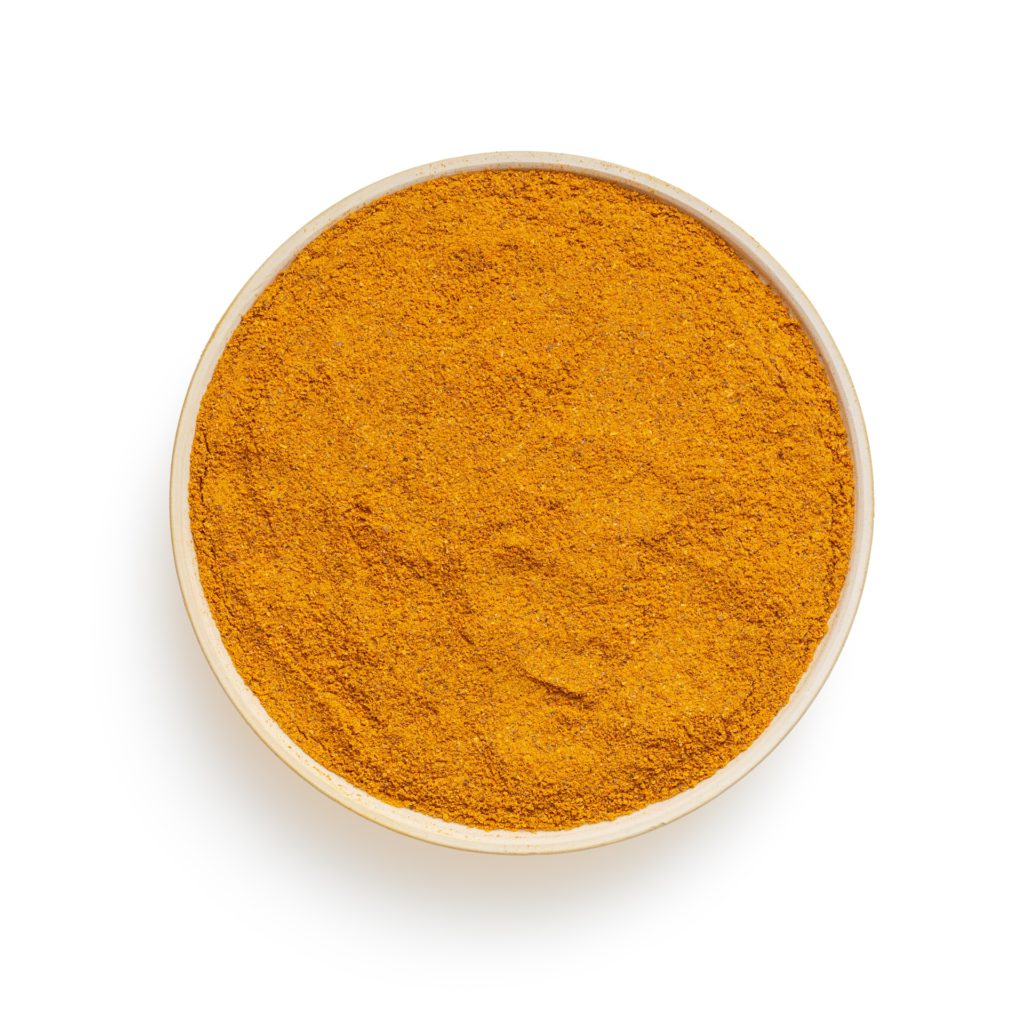In this article, we will explore the role of quercetin in preventing viral infections. You will discover the potential benefits of this natural compound and how it may help strengthen your immune system. We will also discuss the scientific evidence supporting quercetin’s antiviral properties and its possible effectiveness against various viruses. So, keep reading to learn more about quercetin and its potential role in keeping you healthy and protected against viral illnesses.
Introduction to Quercetin
What is Quercetin?
Quercetin is a natural plant pigment, also known as a flavonoid, that is found in various fruits and vegetables such as apples, onions, berries, and leafy greens. It is known for its antioxidant and anti-inflammatory properties, and research has shown that it may also have antiviral effects. Quercetin has gained attention for its potential role in preventing viral infections and boosting immune function.
Sources of Quercetin
Quercetin is widely distributed in nature and can be found in various food sources. Some of the richest sources of this flavonoid include apples, citrus fruits, onions, kale, broccoli, and berries. Consuming a diet rich in these foods can help increase your intake of quercetin. Additionally, quercetin is also available as a dietary supplement in capsule or powder form for those who may not be able to obtain sufficient amounts through their diet alone.
Health Benefits of Quercetin
In addition to its potential antiviral effects, quercetin has been studied for its numerous health benefits. It has been shown to possess antioxidant properties, which can help protect cells from damage caused by harmful free radicals. Quercetin also has anti-inflammatory properties, which may help reduce inflammation and alleviate symptoms associated with various inflammatory conditions.
Furthermore, quercetin has been studied for its potential role in cardiovascular health. Research suggests that it may help lower blood pressure, reduce cholesterol levels, and improve heart health. Additionally, it has been shown to have anti-cancer properties, inhibiting the growth of cancer cells and preventing tumor formation.
Understanding Viral Infections
What are Viral Infections?
Viral infections are caused by viruses, which are microscopic organisms that can infect cells and multiply within them. They can cause a wide range of diseases, ranging from the common cold and flu to more severe conditions such as hepatitis and HIV/AIDS. Viruses can infect various parts of the body, including the respiratory system, gastrointestinal tract, and liver.
Common Types of Viral Infections
There are many different types of viruses that can cause infections in humans. Some of the most common viral infections include the common cold, influenza (flu), herpes, hepatitis, and HIV/AIDS. Each virus has its own unique characteristics and can cause specific symptoms and complications.
Transmission and Symptoms
Viral infections are usually transmitted through direct contact with infected individuals, contaminated surfaces, or respiratory droplets. Symptoms of viral infections can vary depending on the specific virus and the part of the body that is affected. Common symptoms include fever, cough, sore throat, runny nose, fatigue, body aches, and gastrointestinal symptoms such as nausea, vomiting, and diarrhea.

Role of Quercetin in Boosting Immunity
How Does Quercetin Affect the Immune System?
Quercetin has been shown to modulate the immune system by enhancing the body’s natural defense mechanisms. It can stimulate the production of immune cells, such as T lymphocytes and natural killer cells, which play a crucial role in fighting off infections. Quercetin also has the ability to inhibit the release of inflammatory molecules, thereby reducing inflammation and supporting immune function.
Mechanisms of Action
Quercetin has been found to exert its antiviral effects through various mechanisms. It can interfere with the replication of viruses by inhibiting specific enzymes that are crucial for viral replication. By blocking these enzymes, quercetin can prevent the viruses from multiplying within the body.
Quercetin also has the ability to inhibit the entry of viruses into host cells. Viruses rely on specific proteins on the surface of host cells to gain entry and infect them. Quercetin can interfere with these interactions, preventing the viruses from entering the cells and causing infection.
Enhancement of Antiviral Defense
In addition to its direct antiviral effects, quercetin has been shown to enhance the body’s overall antiviral defense mechanisms. It can stimulate the production of interferons, which are proteins that play a crucial role in the immune response to viral infections. Interferons can help to inhibit viral replication and spread, thereby reducing the severity and duration of infections.
Quercetin has also been found to increase the production of antibodies, which are proteins that can recognize and neutralize viruses. This can further enhance the body’s ability to defend against viral infections.
Quercetin as an Antiviral Agent
Antiviral Properties of Quercetin
Quercetin has demonstrated antiviral activity against a wide range of viruses, including respiratory viruses, herpes viruses, HIV/AIDS, influenza, and hepatitis. Its broad-spectrum antiviral properties make it a promising candidate for the prevention and treatment of viral infections.
Inhibition of Viral Replication
Quercetin has been shown to inhibit the replication of viruses by targeting specific viral enzymes. By blocking these enzymes, quercetin can disrupt the replication process and prevent the viruses from spreading and causing further damage.
Studies have shown that quercetin can inhibit the replication of respiratory viruses such as the common cold virus (rhinovirus) and the influenza virus. It has also been found to block the replication of herpes viruses, including herpes simplex virus type 1 (HSV-1) and herpes simplex virus type 2 (HSV-2).
Prevention of Viral Entry into Host Cells
Quercetin has the ability to interfere with the entry of viruses into host cells. By blocking the interaction between viral proteins and host cell receptors, quercetin can prevent the viruses from entering and infecting the cells.
Studies have shown that quercetin can inhibit the entry of respiratory viruses such as the influenza virus and the respiratory syncytial virus (RSV). It has also been found to block the entry of HIV, the virus that causes AIDS, into host cells.

Quercetin and Respiratory Viral Infections
Quercetin’s Effects on Respiratory Viruses
Respiratory viral infections, such as the common cold and influenza, are among the most common types of viral infections. These infections can cause symptoms such as cough, sore throat, congestion, and fever. They can also lead to more severe complications, especially in individuals with weakened immune systems or underlying health conditions.
Quercetin has been found to have antiviral effects against respiratory viruses. Studies have shown that it can inhibit the replication of respiratory viruses such as the common cold virus and the influenza virus. By preventing viral replication, quercetin may help reduce the severity and duration of respiratory infections.
Reducing Severity and Duration of Infections
Several studies have investigated the effects of quercetin supplementation on respiratory viral infections. One study found that quercetin supplementation reduced the severity and duration of symptoms in individuals with respiratory viral infections. Another study showed that quercetin supplementation reduced the incidence of respiratory viral infections in athletes.
These findings suggest that quercetin may have a protective effect against respiratory viral infections and can help alleviate symptoms and reduce the duration of illness.
Alleviation of Respiratory Symptoms
In addition to its antiviral effects, quercetin has also been shown to have beneficial effects on respiratory symptoms associated with viral infections. It has been found to have anti-inflammatory properties, which can help reduce inflammation in the respiratory tract and alleviate symptoms such as coughing, wheezing, and shortness of breath.
Quercetin has also been shown to inhibit the release of histamine, a compound that is involved in allergic reactions and can contribute to respiratory symptoms. By reducing histamine release, quercetin can help alleviate symptoms such as nasal congestion and sneezing.
Quercetin and Other Viral Infections
Quercetin’s Efficacy Against Different Viral Infections
In addition to its effects on respiratory viral infections, quercetin has also been studied for its potential efficacy against other viral infections such as herpes, HIV/AIDS, influenza, and hepatitis.
Herpes Viruses
Quercetin has been found to inhibit the replication of herpes viruses, including herpes simplex virus type 1 (HSV-1) and herpes simplex virus type 2 (HSV-2). These viruses can cause oral and genital herpes, and quercetin has shown promise in reducing viral replication and preventing the formation of herpes lesions.
HIV/AIDS
Quercetin has also been studied for its potential effects against HIV, the virus that causes AIDS. Research has shown that quercetin can inhibit the entry of HIV into host cells and can reduce viral replication.
Influenza
Quercetin has been found to have antiviral effects against the influenza virus. It can inhibit viral replication and reduce the severity and duration of influenza infections. Studies have also shown that quercetin can enhance the effectiveness of antiviral drugs used to treat influenza.
Hepatitis
Quercetin has been studied for its potential effects against hepatitis, a viral infection that causes inflammation of the liver. Research has shown that quercetin can inhibit the replication of hepatitis viruses and reduce liver inflammation.

Possible Side Effects and Precautions
Common Side Effects of Quercetin
Quercetin is generally well-tolerated when taken in appropriate doses. However, some individuals may experience mild side effects such as headache, stomach upset, and diarrhea. These side effects are usually temporary and can be minimized by reducing the dosage or taking quercetin with food.
Interaction with Medications
Quercetin may interact with certain medications, including blood thinners, antibiotics, and medications that are metabolized by the liver. It is important to consult with a healthcare professional before starting quercetin supplementation, especially if you are taking any medications or have any underlying health conditions.
Recommended Dosage and Usage
The recommended dosage of quercetin varies depending on the specific health condition and individual needs. It is recommended to start with a lower dosage and gradually increase it if needed. Quercetin is available as a dietary supplement in capsule or powder form. It is important to follow the instructions on the product label and consult with a healthcare professional for personalized dosage recommendations.
Safety and Research Studies
Safety of Quercetin Supplementation
Quercetin supplementation has been found to be safe when taken in appropriate doses. Numerous studies have demonstrated its safety in both animals and humans. However, long-term safety data on high-dose supplementation is limited, and it is important to follow recommended dosage guidelines and consult with a healthcare professional.
Clinical Studies on Quercetin’s Antiviral Effects
Several clinical studies have investigated the antiviral effects of quercetin in humans. These studies have shown promising results, suggesting that quercetin supplementation may help prevent and treat viral infections, including respiratory viral infections, herpes, influenza, and hepatitis. However, further research is needed to confirm these findings and determine the optimal dosage and duration of quercetin supplementation.
Future Implications and Research Opportunities
Potential of Quercetin in Antiviral Therapies
The potential of quercetin in antiviral therapies is promising. Its broad-spectrum antiviral properties, along with its immunomodulatory effects, make it an attractive candidate for the prevention and treatment of viral infections. Further research is needed to explore its efficacy in different viral infections and to elucidate the underlying mechanisms of action.
Further Studies Required
While existing research suggests that quercetin may have beneficial effects against viral infections, further studies are needed to fully understand its potential in preventing and treating these infections. Additional clinical trials are needed to confirm its antiviral effects and to determine the optimal dosage, duration, and timing of supplementation.
Conclusion
Role of Quercetin in Preventing Viral Infections
Quercetin, a natural plant pigment found in various fruits and vegetables, has shown promising potential in preventing viral infections. Its antiviral properties, along with its ability to boost immune function and reduce inflammation, make it a valuable supplement for supporting overall health and well-being.
Promising Potential for Antiviral Strategies
Quercetin has demonstrated antiviral effects against a wide range of viral infections, including respiratory viruses, herpes, HIV/AIDS, influenza, and hepatitis. Its ability to inhibit viral replication and prevent viral entry into host cells makes it a promising candidate for the development of antiviral strategies.
Considerations for Quercetin Supplementation
While quercetin has shown promising results in preventing and treating viral infections, it is important to note that it should not replace standard medical care. It should be used as a supplement in conjunction with other preventive measures, such as vaccination and practicing good hygiene.
Quercetin supplementation is generally safe when taken in appropriate doses. However, it is important to consult with a healthcare professional before starting any new supplement regimen, especially if you have any underlying health conditions or are taking medications.
In conclusion, quercetin holds promising potential in preventing viral infections and supporting immune health. Further research is needed to fully understand its mechanisms of action and determine the optimal dosage and duration of supplementation. By incorporating a diet rich in quercetin-containing foods and considering quercetin supplementation under the guidance of a healthcare professional, you can take proactive steps to support your immune system and reduce the risk of viral infections.







